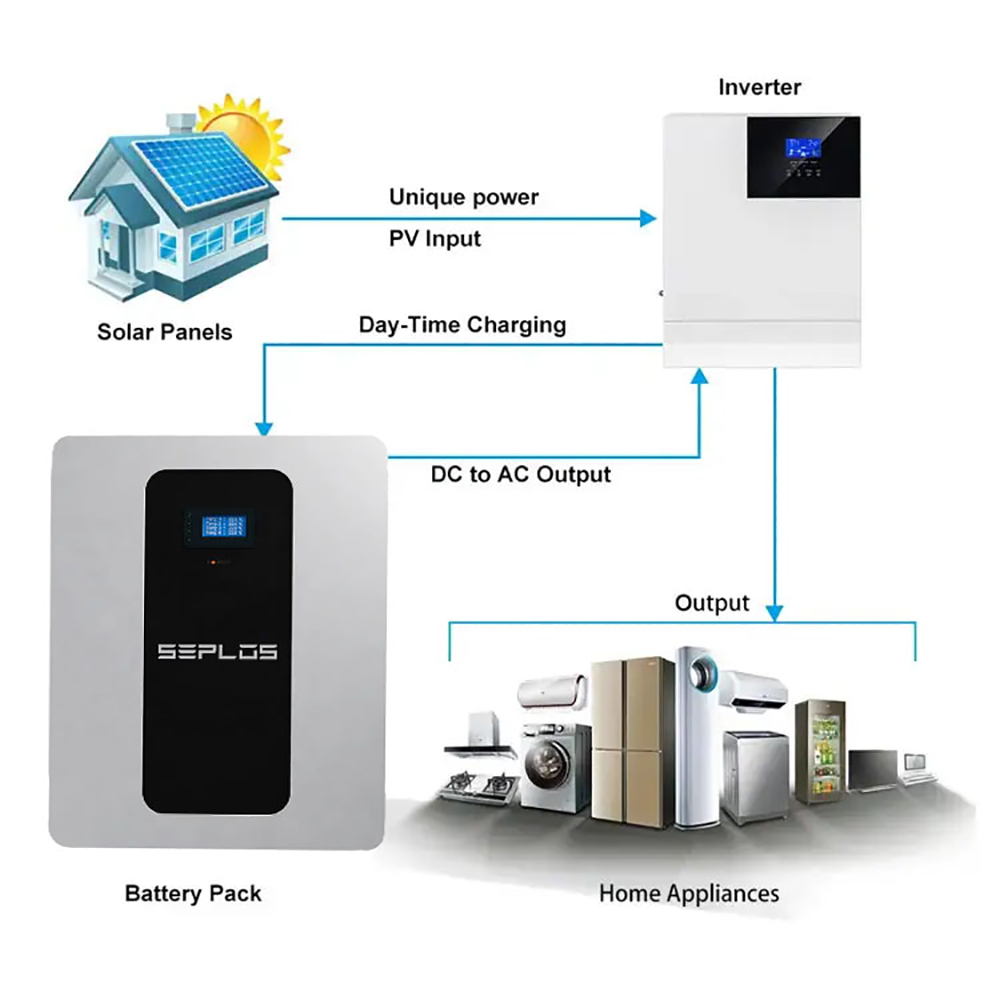
In today's world, energy efficiency is more critical than ever. With rising energy costs and a growing awareness of environmental concerns, homeowners are increasingly turning to Home Energy Management Systems (HEMS) as a solution. These systems help manage energy consumption, reduce waste, and enhance the overall efficiency of household energy use. But what specific features do these systems include? Understanding these features will empower homeowners to make informed decisions about their energy management strategies.
One of the standout features of a Home Energy Management System is real-time energy monitoring. This technology allows homeowners to see how much energy they are using at any given moment. With a dashboard that tracks energy consumption patterns, users can identify which appliances consume the most power and when their usage peaks. This information is invaluable for making adjustments to reduce energy consumption and lower utility bills.
In addition to monitoring energy usage, HEMS usually provides detailed analytics and reporting features. Homeowners can access historical data that illustrates their energy consumption trends over time. By analyzing this data, users can identify habitual energy usage, recognize inefficiencies, and adjust their behavior accordingly. Some systems even generate reports that help forecast future energy costs based on past usage patterns, which can inform budgeting and energy-saving strategies.
Another essential feature of modern Home Energy Management Systems is the integration with smart appliances. These appliances can communicate with the HEMS to become part of a larger energy management ecosystem. For example, a smart thermostat can adjust heating and cooling settings based on energy availability and price fluctuations. Likewise, smart plugs can schedule when devices should be on or off to take advantage of lower energy rates, all contributing to reduced overall energy expenditures while maintaining comfort levels.
Many HEMS come with home automation features that allow homeowners to control various aspects of their energy use from a central platform. This could include managing lighting, heating, cooling, and security systems. Smart home integration means users can customize their living spaces to operate efficiently. For example, lights can be paired with motion sensors to turn off automatically when no one is present, further conserving energy.
Demand response features represent a growing trend in energy management. Some HEMS can participate in utility demand response programs, where utilities incentivize homeowners to reduce power consumption during peak demand hours. By automatically adjusting settings based on real-time grid conditions, a HEMS can help users take part in these programs, yielding potential savings on energy bills while contributing to grid stability.
Convenience is another critical aspect of Home Energy Management Systems. Many systems offer remote access via mobile apps or web portals, allowing homeowners to monitor and control their energy usage from anywhere. This feature is particularly useful for those who want to ensure energy efficiency while they are away from home. For example, you can adjust your thermostat or check the status of appliances to avoid wasting power.
HEMS can also provide personalized alerts and notifications to users regarding their energy consumption. These could include reminders about excessive usage, suggestions for energy-saving tips, or notifications about sudden spikes in energy usage that may indicate an issue with an appliance. By keeping users informed about their energy habits, these alerts can foster more proactive energy management.
Home Energy Management Systems are revolutionizing how homeowners interact with energy. With features like real-time monitoring, smart appliance integration, and remote control capabilities, these systems empower users to take charge of their energy consumption. As technology continues to evolve, we can expect HEMS to become more advanced and accessible, making energy efficiency a fundamental aspect of modern home living. Whether it's for reducing costs or addressing environmental concerns, investing in a Home Energy Management System is a smart step for any homeowner looking to enhance their energy efficiency.
Next:What Does a Home Energy Management System Include
Previous:Optimization Suggestions for Home Energy Use